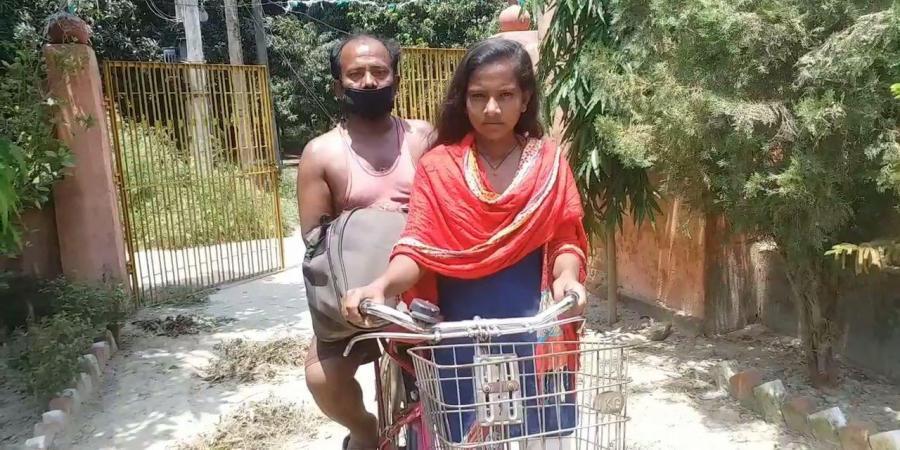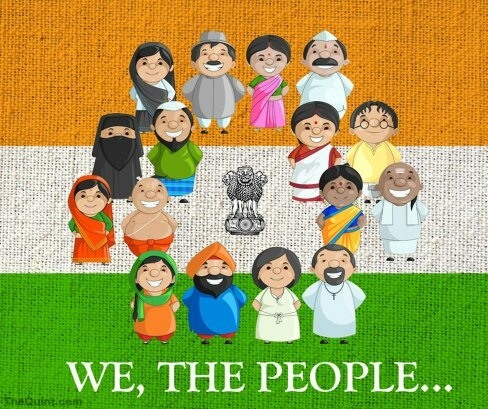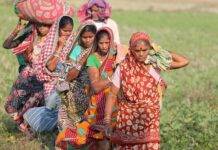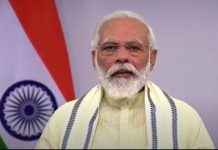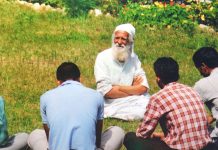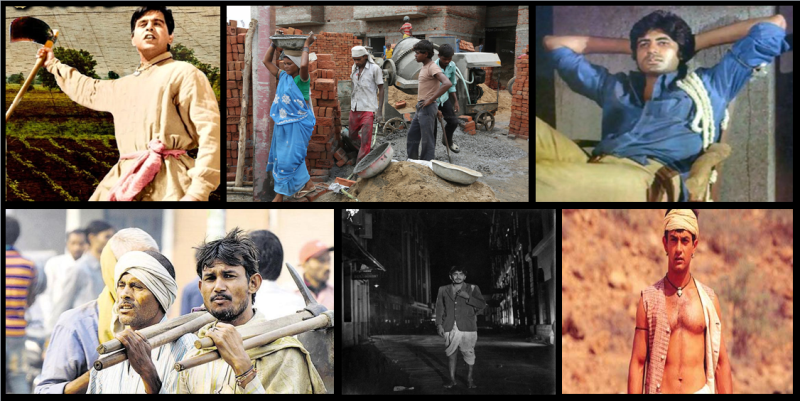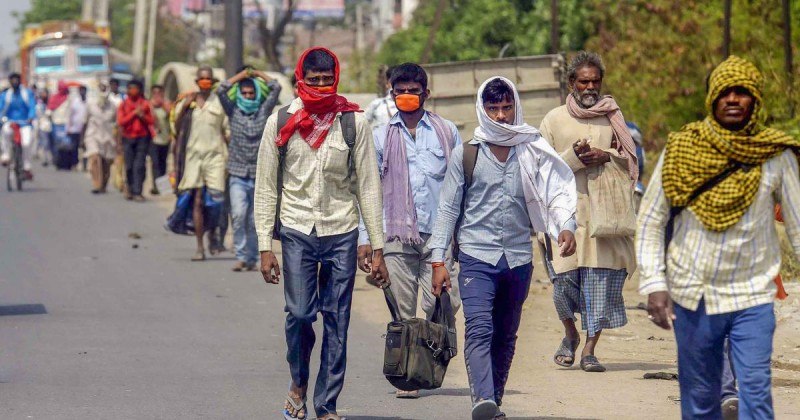When innumerable photographs of the 15-year old Jyoti Kumari cycling her way from Gurugram to Darbhanga with her ailing father sitting behind her flooded the internet, while there were some who took pity on her plight and condemned inadequate governmental support for the poor and marginalised there were some who couldn’t stop praising her remarkable cycling skills and sportsperson like stamina.
Jyoti Kumari is an ordinary Indian teenage girl, who was compelled to drop out of school like innumerable other Indian chidden as her parents couldn’t afford to send her to school. But what makes her stand apart, is her incredible psychical and emotional strength and love for her ailing father. She cycled for seven days with her father sitting on the rear seat to get from Gurugram to Bihar’s Darbhanga amid the COVID-19 lockdown.
But when she took upon herself this tremendous ordeal, little did she know that the whole world would begin to eulogise and celebrate her. Doesn’t all this sound like a plot of a feel-good film that romanticises the struggles or the poor?
But in reality, this is no story and no plot but a depiction of the humanitarian crisis that should make us all ashamed. A poor person’s struggle against the odds and then their subsequent success reduces a little bit of guilt felt by the urban elite for a disproportionate share of resources. This allows them to feel less guilty about their privileges and makes it easier for them to problematise unjust distribution of resources and systematic failures that increase the gaps between the rich and the poor sections of the society.It frees them of all responsibilities of self reflection and critical scrutiny of their own lives.
Yes, Jyoti Kumari’s story is about an indomitable spirit, fearlessness and courage, endurance and compassion and above all an unflagging will, but let us not forget the deeply entrenched social inequality and injustice that compelled a little girl like Jyoti to undergo such a hard ordeal.
But if we only highlight and celebrate Jyoti’s tremendous sacrifice for her ailing father and her struggle against the odds as some sort of an unheard of phenomenon and don’t talk enough about the deeply entrenched socio-economic inequalities, governmental negligence and humanitarian crisis- we would be forgetting the root cause of the problem and engaging in some sort of a ‘poverty porn.’
It is possible for some people to go ahead and call me a sceptic and think that I am overdoing my realism but I would only request them to contemplate for a moment and give my arguments a thought.
Many arguments that surfaced in the media after the story of Jyoti Kumari came to light were centred on the idea that ever since her story became viral and she began to get widespread appreciation for her physical fitness and sportsperson-like agility, it became possible for the government and other bodies to extend a school joining offer to her or invite her for the trials for the national cycling team.
Could Jyoti have accessed these opportunities if her story didn’t become viral over night?
There is no denying the fact that with Jyoti’s story becoming viral overnight and the media talking about her, there are possibilities that financial aid will be extended to her family and a lot more opportunities will come her way, but does that take away from her painful life?
It takes years of training to make it to the national team and years of practice to even make it to the trials, but Jyoti has got a direct invitation. Isn’t this a great way for authorities to reduce burden off their shoulders and assume that they ‘at least gave her a chance’?
But do we acknowledge what the problem is? The problem is our obsession with one unique story that has the ability to show us the darkest side of inhumanity and then have the self-ingrained potential to paint a life-affirming picture but in our fantasies about the marginalised, we tend to forget the root cause of marginalisation itself.
The point that needs to be underlined here is that of course we all admire and salute Jyoti Kumari’s tremendous will power and internal strength and her story has caught our imagination for its deeply inspiring and life-affirming message, but does that really make us forget the tremendous misery and indignity that compelled Jyoti to make such move in the first place?
Today we cannot get over our drawing room and dinner table conversations about how Jyoti’s life will now completely change and how even the likes of Ivanka Trump cannot stop gushing over her, but should we not ask the most pertinent question- why did it take a humanitarian crisis, the gravity of the pandemic and an immensely unjust social order to give a little girl an opportunity to pursue her education, the chance to lead a dignified life and the attention that she has now received?
Jyoti has become a household name but she is only one among the millions of Indians who are walking back home amid the lockdown that has snatched away their livelihoods and rendered them helpless and without any support structure.
Will they never get the attention that Jyoti will now supposedly access, or will they continue to suffer because the media chose not to make their stories viral or didn’t find them ‘juicy’ enough for middle class consumption?
The thing that we are problematising is not that her story is being talked about in the media but the way in which it is being portrayed.
It isn’t a story of rags to riches or a story about how a poor girl struggles and wins at the end, it is the story of our collective failure and institutional decadence and unaccountability.
Reading the story has left many readers feel happy or has encouraged them to draw a positive message from it, but instead of making us happy it should make us angry and perturbed. It must compel us to bow down our heads in shame and work towards a societal order that doesn’t allow for such unaccounted human pain and indignity.
It must compel us to ask why must it take a Jyoti Kumari to cycle from Gurgaon to Darbhanga with an ailing father to wake us up from the slumber of societal injustice and entrenched economic inequality?

